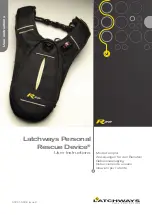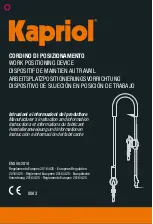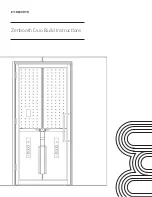Summary of Contents for Standard Horizon SRN-9x
Page 1: ...Standard Horizon SRN 9x Suction Feed Rotary Numbering Machine Instruction Manual ...
Page 3: ......
Page 65: ...N U M B E R E R PAGE 63 MANUAL ...
Page 66: ......
Page 1: ...Standard Horizon SRN 9x Suction Feed Rotary Numbering Machine Instruction Manual ...
Page 3: ......
Page 65: ...N U M B E R E R PAGE 63 MANUAL ...
Page 66: ......

















